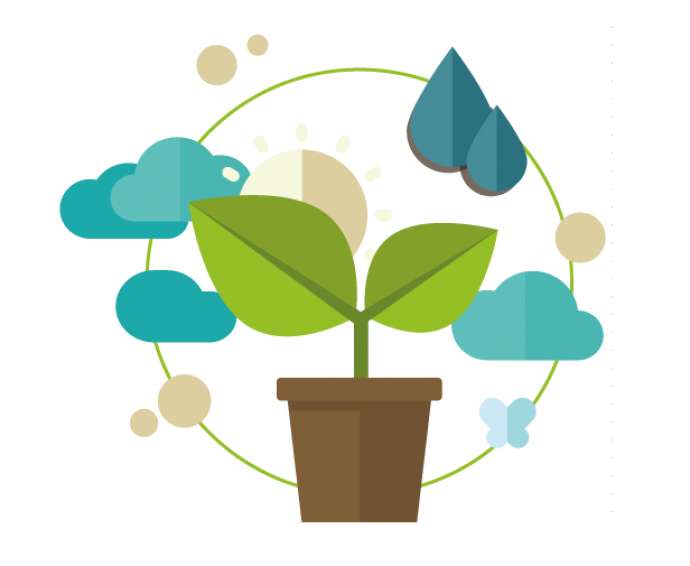STA, 23 June 2020 - When it comes to greenhouse gas emissions not included in the EU emission trading scheme, Slovenia is expected to reach its goals for this year, shows a report released on Tuesday. The largest gaps remain in measures related to transport, in particular railway infrastructure and the promotion of public transportation.
The Climate Mirror 2020 (Podnebno Ogledalo 2020) report, compiled by the Environment Ministry and the Jožef Stefan Institute, says that Slovenia could be satisfied with the implementation of measures to improve energy efficiency of household- and municipality-owned buildings.
Related: Ljubljana Predicted to Be World’s Fastest-Warming City
Among other things, a positive mark has also been given to sorting of waste and the consequential reduction of the volume of landfilled biodegradable waste.
The report notes the increased effect of incentives for energy efficiency improvement of buildings in the public sector, as EUR 100 in investment required EUR 38 in grants, which is EUR 26 less than in 2015, mostly owing to municipalities.
The state has meanwhile not reached the set goals when it comes to buildings in its ownership, as they are being refurbished to improve their energy efficiency at an annual pace of 1.2%, compared to the target of 3%.
The report also says that industry has been neglected in this respect for a long time, with progress detected only in 2018, when the Eco Fund offered grants for the first time for this sector.
Measures for boosting efficient energy use and consumption of renewable sources in industry should be brought to a much higher level and goals for reducing emissions should be clearly defined, it adds.
The largest gaps are seen in measures related to transport, in particular railway infrastructure and the promotion of public transportation.
In 2018, practically all indicators for transport worsened, while progress was detected in sustainable mobility projects prepared by municipalities as part of incentives of the current EU financial perspective.
Coming second in terms of emissions with 15.6% is agriculture, with the report noting that measures in this field should be more focused on reducing methane emissions and upgrading measures for improving the efficiency of nitrogen circulation.
Greenhouse emissions from waste were down by 7.4% in 2018, mostly owing to increased sorting of solid waste and construction of systems for mechanical biological processing of municipal solid waste before being landfilled.
Progress has also been made in treatment of waste water, as the share of advanced systems has increased, the report adds.
Stane Merše of the IJS' Energy Efficiency Centre said that the period until 2030 would be key for the implementation of measures, adding that "if we are successful, climate change will be manageable still."
According to him, energy efficiency improvement of buildings, use of renewables and sustainable mobility should remain the basis, while incentives for industry and transport also need to be increased.
Tanja Bolte of the Environment Ministry said that the report "shows that we are on the right track of reaching the goal of reduced emissions, but also that measures need to be enhanced", and that the "present moment is decisive."
A PDF of the full report, in Slovenian, can be found here






